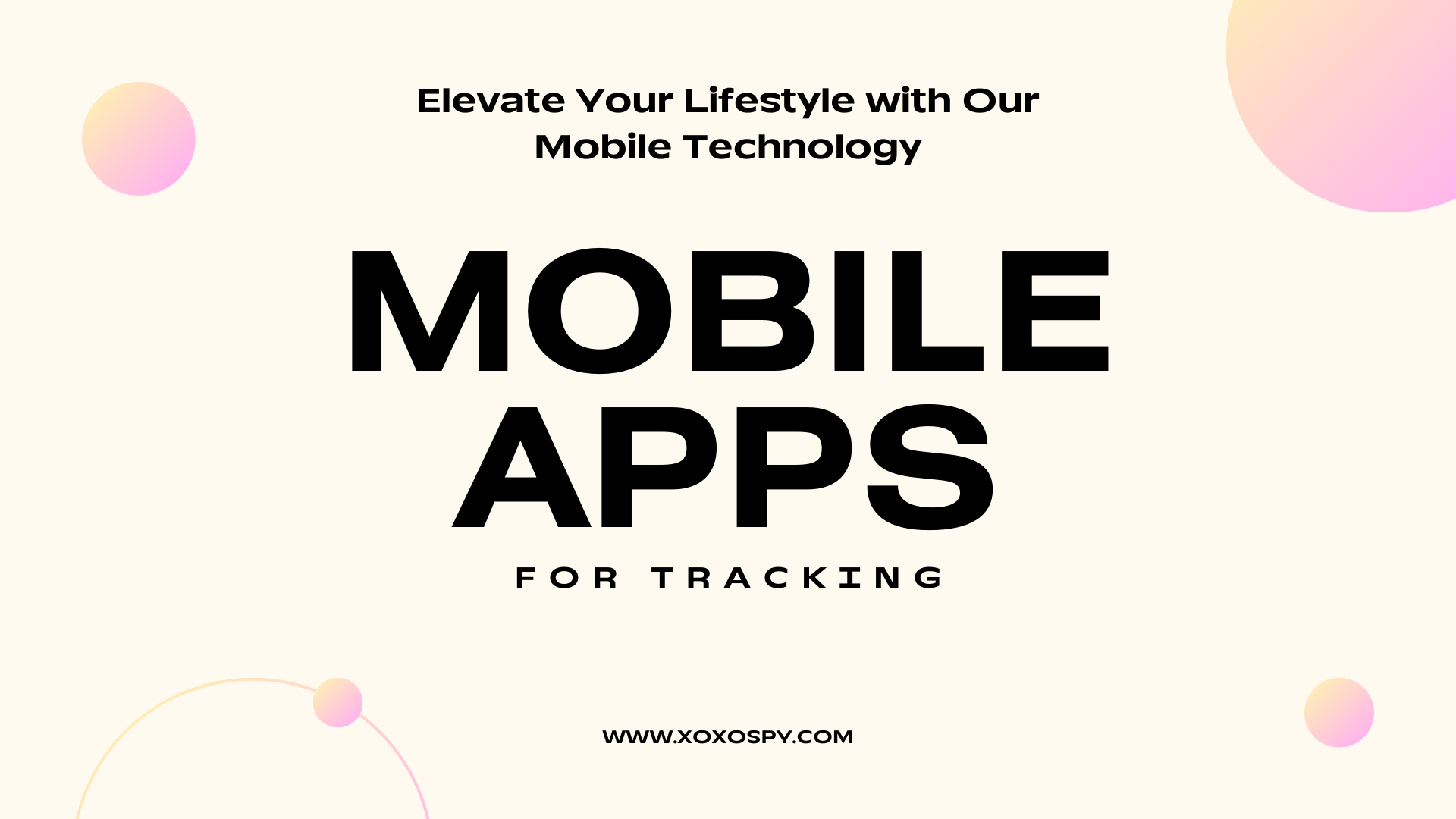Spy Phone Apps: Balancing Privacy and Security in the Digital Age

In today’s digital age, where smartphones have become integral to our lives, the concept of privacy and security has never been more critical. Spy phone app tools designed to monitor and track smartphone activity—have sparked debates about their role in balancing these two often conflicting concerns. These apps can be used for various purposes, from ensuring the safety of children to monitoring employee productivity, but they also raise significant questions about privacy and ethical use. This article delves into the dynamics of spy phone apps, exploring how to navigate the fine line between maintaining security and respecting privacy.
The Rise of Spy Phone Apps
Spy phone apps have gained popularity due to their ability to offer detailed insights into smartphone activity. With features such as call and text monitoring, GPS tracking, social media monitoring, and even access to multimedia files, these apps provide comprehensive oversight of a phone’s usage. The appeal of these apps lies in their versatility and the sense of control they offer to users.
-
Parental Control: For parents, these apps can provide peace of mind by allowing them to monitor their children’s online interactions, track their location, and ensure they are not exposed to harmful content.
-
Employee Monitoring: Businesses use these apps to track employee productivity, safeguard proprietary information, and ensure that company devices are used appropriately.
-
Personal Security: Individuals might use spy apps for personal security reasons, such as tracking a lost or stolen phone or monitoring suspicious activities.
The Privacy Dilemma
While spy phone apps offer significant benefits, they also raise critical privacy concerns. The essence of privacy is that personal information should be protected from unauthorized access. Spy apps can potentially infringe on this privacy in several ways:
-
Intrusive Monitoring: Spy apps can monitor nearly every aspect of a phone’s activity, from text messages and call logs to social media interactions and GPS location. This level of access can feel intrusive, especially if users are unaware that their activities are being monitored.
-
Data Security: The data collected by spy apps is sensitive and valuable. If not handled properly, this information could be exposed or misused, leading to potential breaches of personal security and privacy.
-
Consent Issues: Using spy apps without the consent of the person being monitored can lead to legal and ethical issues. In many jurisdictions, it is illegal to monitor someone’s phone activity without their explicit consent.
Balancing Security and Privacy
To navigate the balance between security and privacy while using spy phone apps, consider the following principles and practices:
-
Transparency and Consent:
-
Open Communication: Whether you’re monitoring your child’s phone or your employees' devices, communicate openly about the use of spy apps. Transparency helps build trust and ensures that all parties involved understand the purpose and scope of monitoring.
-
Explicit Consent: Always obtain explicit consent before monitoring someone’s phone. This is not only a legal requirement in many regions but also an ethical best practice. Clearly outline what will be monitored and why.
-
Purpose Limitation:
-
Define Objectives: Clearly define the purpose of using the spy app. Ensure that monitoring is conducted solely for the intended purpose and does not extend beyond what is necessary.
-
Avoid Overreach: Limit the scope of monitoring to what is required for security or productivity purposes. Avoid accessing personal information that is unrelated to the objective of monitoring.
-
Data Security:
-
Secure Data Handling: Implement robust data security measures to protect the information collected by the spy app. This includes encryption, secure storage, and restricted access to ensure that sensitive data is not exposed or misused.
-
Regular Audits: Conduct regular audits of data handling practices and security measures to ensure that they remain effective and up-to-date.
-
Legal and Ethical Considerations:
-
Adhere to Legal Requirements: Familiarize yourself with the legal regulations regarding phone monitoring in your jurisdiction. Ensure that the use of spy apps complies with all applicable laws and regulations.
-
Respect Ethical Boundaries: Beyond legal requirements, consider the ethical implications of using spy apps. Balance the need for security with respect for personal privacy, and strive to use these tools responsibly.
-
User Control and Access:
-
Provide Access Control: For businesses, implement access control measures to ensure that only authorized personnel can access the monitoring data. This minimizes the risk of misuse or unauthorized access.
-
Allow Opt-Out Options: Where feasible, provide options for individuals to opt out of monitoring or to review the data collected about them. This can help build trust and address concerns about privacy.
Conclusion
Spy phone apps, when used thoughtfully and responsibly, can be powerful tools for enhancing security and ensuring safety. However, striking the right balance between security and privacy requires careful consideration of legal, ethical, and practical factors. By embracing transparency, adhering to legal requirements, and respecting personal privacy, you can leverage the benefits of spy phone apps while minimizing potential drawbacks.
As technology continues to advance, the conversation around privacy and security will evolve. Staying informed about best practices and emerging trends will help you navigate this complex landscape, ensuring that your use of spy phone apps aligns with both your security needs and ethical standards.
- Questions and Answers
- Opinion
- Story/Motivational/Inspiring
- Technology
- Art
- Causes
- Crafts
- Dance
- Drinks
- Film/Movie
- Fitness
- Food
- Jogos
- Gardening
- Health
- Início
- Literature
- Music
- Networking
- Outro
- Party
- Religion
- Shopping
- Sports
- Theater
- Wellness
- News
- Culture
- War machines and policy

